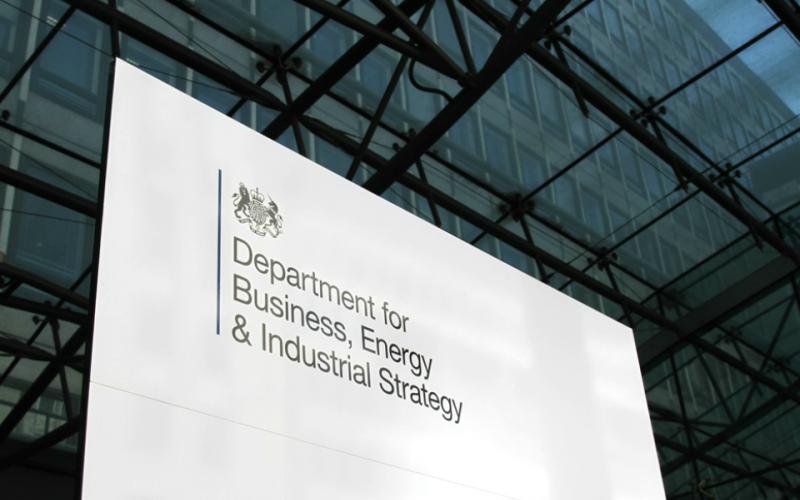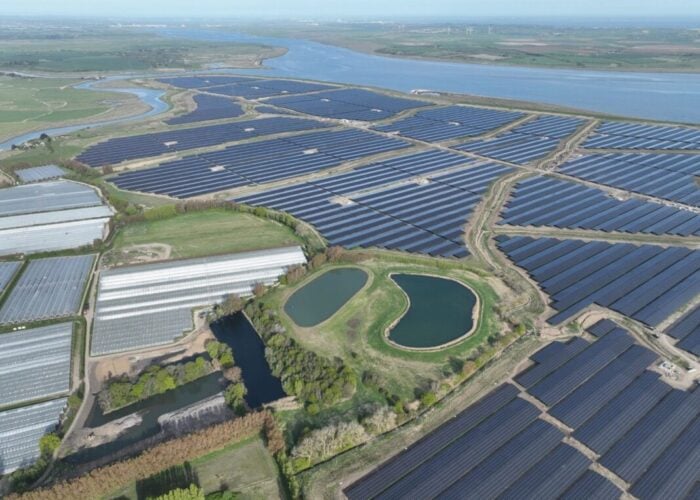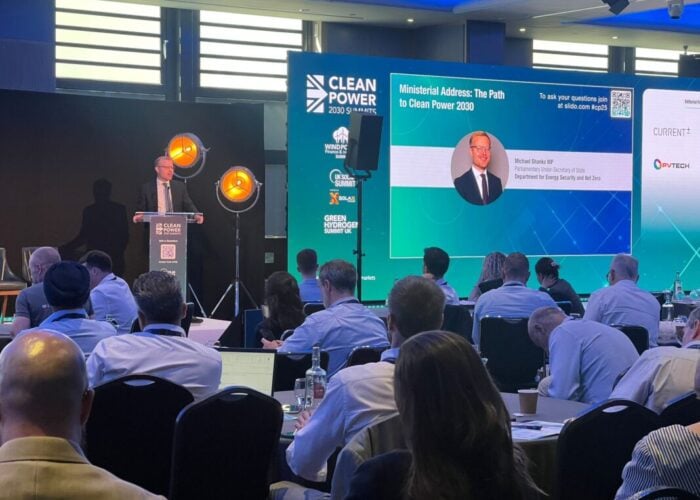
The UK's Department for Business, Energy and Industrial Strategy has unveiled a new ‘Smart Export Guarantee’ to replace the export tariff.
The country's feed-in tariff, paid for every kWh generated, and the export tariff that remunerated people for the excess power transferred to the grid, both close on 31 March this year.
Unlock unlimited access for 12 whole months of distinctive global analysis
Photovoltaics International is now included.
- Regular insight and analysis of the industry’s biggest developments
- In-depth interviews with the industry’s leading figures
- Unlimited digital access to the PV Tech Power journal catalogue
- Unlimited digital access to the Photovoltaics International journal catalogue
- Access to more than 1,000 technical papers
- Discounts on Solar Media’s portfolio of events, in-person and virtual
A row broke out last year over how, and indeed if, that excess power would be paid for.
Proposals unveiled by the department this morning detail how the guarantee would work in practice, legislating that all large energy suppliers will have to remunerate small-scale generators for the electricity they export to the grid.
The guarantee would see all large energy suppliers – determined as those with more than 250,000 customers – offer generators a price per kilowatt hour for exported electricity.
The government intends to leave these prices down to the suppliers themselves, however, all tariffs must be greater than zero and suppliers will not be eligible to recover costs by charging consumers at times of negative pricing.
Large suppliers will be forced to offer at least one tariff, however, they will determine the length of any contracts.
Small suppliers will be able to voluntarily join the mechanism but will be held against the same operational requirements as large suppliers.
In addition, the government has decided that all exports must be metered rather than deemed, meaning that only households with smart meters installed will be eligible for the Smart Export Guarantee.
The response
The consultation has launched now and is to remain open to responses until 5 March 2019. The full consultation document can be read here.
And responses to the government can be made online here.
Alternatively, they can tariff to [email protected].
So far, the proposals have been met with a cautious welcome from the industry. Chris Hewett, chief executive at the Solar Trade Association, said the trade body was pleased that the government was unequivocal in its view that generators should be compensated for the power they export, but pointed towards the need for that remuneration to be at a fair market rate.
“Positively, the government again identifies the System Sell Price as accurately reflecting the market value of power spilled to the grid. However, the consultation acknowledges many of the market barriers we have raised with government and the associated costs.
“, that these may impede the ability of suppliers to offer fair and meaningful rates, even though they may wish to. Customers are freely able to switch suppliers in a competitive market so where these costs fall remains vital to developing meaningful offers,” he said.
James Court, director of policy and external affairs at the Renewable Energy Association, meanwhile said the proposals could “usher in a new era” for small-scale renewables.
“It was clear that no-one should be asked to give away electricity for free, and we strongly advocated for a market-based solution and are pleased this approach has been adopted. Whilst the details around the transition from the former subsidy scheme will be important, this signal of support for the sector from Government will help our members continue to provide smarter, cleaner and cheaper electricity in the decade to come.”
However, Rebecca Long Bailey, Labour’s shadow business secretary, focused very much on the hiatus period between the FiT and the SEG, describing it as a “new mountain for small scale renewable energy to climb”.
“Rather than a simple flat payment for energy exported to the grid, the government is proposing a hugely complex market mechanism in which large energy companies – notorious for overcharging consumers billions of pounds – can offer whatever sum they deem fit to households. Furthermore, participation relies on possession of a smart meter which, due to the Government’s bungled delivery of the smart meter programme, many households will not have for some time.
“Such a complex scheme will only be accessible to those with the time and resources to negotiate it. Labour plans to roll out solar on the scale necessary to tackle climate change whereas this appears to be a blueprint for hobbyists, condemning solar power to the status of niche industry,” she said.







